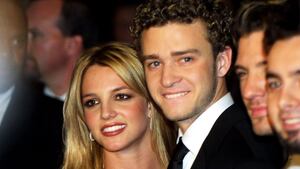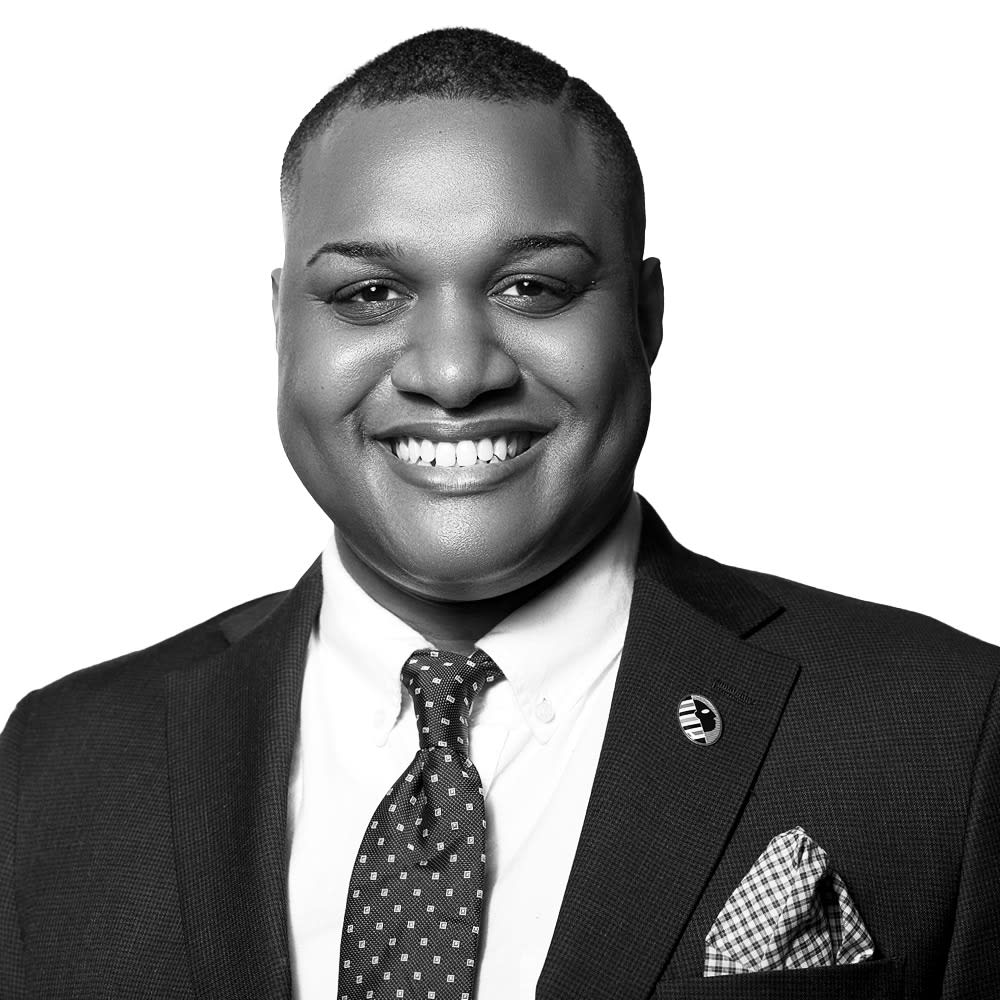Last Friday, my phone began to buzz with text messages, DMs, and emails from friends, family, and followers.
“Did you see this? He finally did it.”
Of course, I knew. Google alerts had notified me the moment it happened.
Following the recent backlash for his treatment of pop superstar Britney Spears in the new documentary Framing Britney Spears, Justin Timberlake took to Instagram to not only apologize to her, but also another entertainment heavyweight that he’s disparaged over the years: Janet Jackson.
“I’ve seen the messages, tags, comments and concerns and I want to respond,” he wrote in the post, speaking of how his “missteps” contributed to “a system that condones misogyny and racism.”
“I am deeply sorry for the times in my life where my actions contributed to the problem, where I spoke out of turn, or did not speak up for what was right.”
For anyone who hasn’t followed Timberlake’s antics over the years, this would seem like a mature course of action. Timberlake was a young, white, privileged man thriving in a music industry steeped in racism and sexism. It was in 2002, when he taunted Spears with the music video to “Cry Me A River,” that the tabloids were set ablaze with speculation that she cheated on him. Outside of crudely remarking on the singer’s virginity to the media at the time, Timberlake was also busy throwing Black female artists, such as Ms. Jackson, under the bus.
During the infamous 2004 Super Bowl halftime show, “nipplegate” was born—leading to Jackson facing industry blackballing and excessive criticism, while Timberlake played the role of innocent victim. To make matters worse, a week after the incident, Timberlake would attend the Grammy Awards and accept a statuette for Best Male Pop Solo Performance for “Cry Me A River”—as protesters outside of the ceremony called the Grammys out for banning Jackson from attending. It would take him nearly 20 years to apologize to both of these women for the harm he had done to their careers and personal reputations. Judging by his lengthy Instagram post, you would think he hadn’t been confronted elsewhere for his white privilege and/or problematic behavior beyond the recent calls from the #FreeBritney movement.
But that is not true. I actually confronted Timberlake about his history of cultural appropriation and disrespect of Jackson on Twitter nearly five years ago. He didn’t take it very well.
It was back in June 2016 during the BET Awards. Actor Jesse Williams had gone viral that night as his Humanitarian Award acceptance speech defending Black Lives Matter gave voice to a generation of activists who felt misunderstood by mainstream media. I was a freelance journalist at the time who covered racial injustice and tweeted along with many followers who praised Williams’ timely remarks. Then entered Timberlake, inserting himself in what was a Black Twitter moment with a rather tone-deaf attempt to join the conversation. Speaking in African American Vernacular English (AAVE), Timberlake tweets out: “Jesse Williams tho…#Inspired.”
I can still remember how annoyed I was when I saw his tweet. Timberlake, who has a long history of appropriating the musical stylings and aesthetics of Black artists, was “inspired” yet again by a Black man who was calling out the exploitation of Black creators. Timberlake and his “blue-eyed soul” was benefiting from a racist system that prioritized white artists who perform R&B over Black artists who invented the genre. Timberlake and many others wouldn’t have reached such career heights had it not been for their mix of talent, white privilege, and the racist industry that favors them more for their “mainstream” appeal.
Taking all of that into consideration, I felt like it was fair to call Timberlake out on how “inspired” he was. Would he speak up about his white privilege? Would he take accountability for the racism Williams was speaking about? Would this be the moment he finally acknowledged how his whiteness protected him from facing the same scrutiny Janet Jackson experienced over a decade ago?
Short answer: Not at all.
Instead, Timberlake dodged my questions altogether and choose to condescendingly refer to me as a “sweet soul,” which I read as being homophobic given my public profile as a Black queer journalist and/or a Southern bit of shade likened to “bless your little heart.” Either way, his all-lives-matter response followed by a “bye” made it clear to me that he had no time to engage in a fair conversation about racism in the music industry.

In pure Timberlake fashion, he immediately made himself out to be the victim. Instead of apologizing to Janet or addressing the issue raised in my tweet, he tweeted about how he “responded to a specific tweet that wasn’t meant to be a general response” and how he “shouldn’t have responded anyway.”
The next morning, the media outlets began covering the exchange, with many framing me as being too hard on Timberlake or questioning whether or not it was fair to accuse him of cultural appropriation. Those online were quick to sympathize with him, although Black Twitter had torn apart his cringeworthy tweets. Charlemagne Tha God of The Breakfast Club made myself and others who criticized Timberlake on Twitter “Donkey of the Day,” while Whoopi Goldberg defended the pop superstar on The View by saying that “we all appropriate.” My tweets were featured across various news outlets—even the Daily Show—and many of them refused to so much as name me or state that they came from a legitimate journalist.
Timberlake had hijacked the narrative yet again, painting himself as the innocent white guy trying to praise a Black person for something good until someone made him respond to something that “wasn’t meant to be a general response.” Just like Jackson and Spears, I—to a lesser degree—began to see how his manipulative “unaware-do-gooder” routine works to his benefit. I got framed as the loud Black guy on Twitter who was trying to start shit, while he became the unsung hero who took on a Twitter mob. Oh, cry me a river.
It wouldn’t be until 2018, when Timberlake reemerged as a “Man of the Woods” for his new folksy album, that he would address the backlash. Playing into this new sober and reflective character, Timberlake told music journalist Zane Lowe of Apple’s Beats 1 that his song “Say Something” with country singer Chris Stapleton was about our infamous Twitter exchange. Timberlake was basically doubling down on the victimhood for his new project. Was this his “Cry Me A River” part 2, only this time about his failure to confront his own racism?
Timberlake told Lowe in the interview that the lyrics to the song were about wanting to speak up but not getting caught up in the “rhythm” of it.
“If the rhythm goes off, then the train goes off the tracks,” Timberlake said.
Lowe then referred to the metaphor as the “Jesse Williams thing.”
“I felt terrible, you feel terrible,” Timberlake tells him about our exchange, “like, ‘Oh man, that is not what I meant. Why did I do that?’”
But that is exactly what he meant. Timberlake was showing myself and the rest of the world exactly who he was to women like Britney Spears and Janet Jackson who had to endure his horrible press conferences and television interviews wherein he disrespected their legacy over and over again. These weren’t “missteps,” but deliberate actions that caused real harm. They were intentional, they were spiteful. Timberlake was a rank opportunist that the industry let prosper at the expense of others’ misfortune.
Britney and Janet had to wait nearly two decades for a half-assed, two-for-one apology. I’m still left wondering: if Britney’s bombshell documentary was never released, would Janet have even been given an apology? Because five years ago, the answer was a resounding no.


